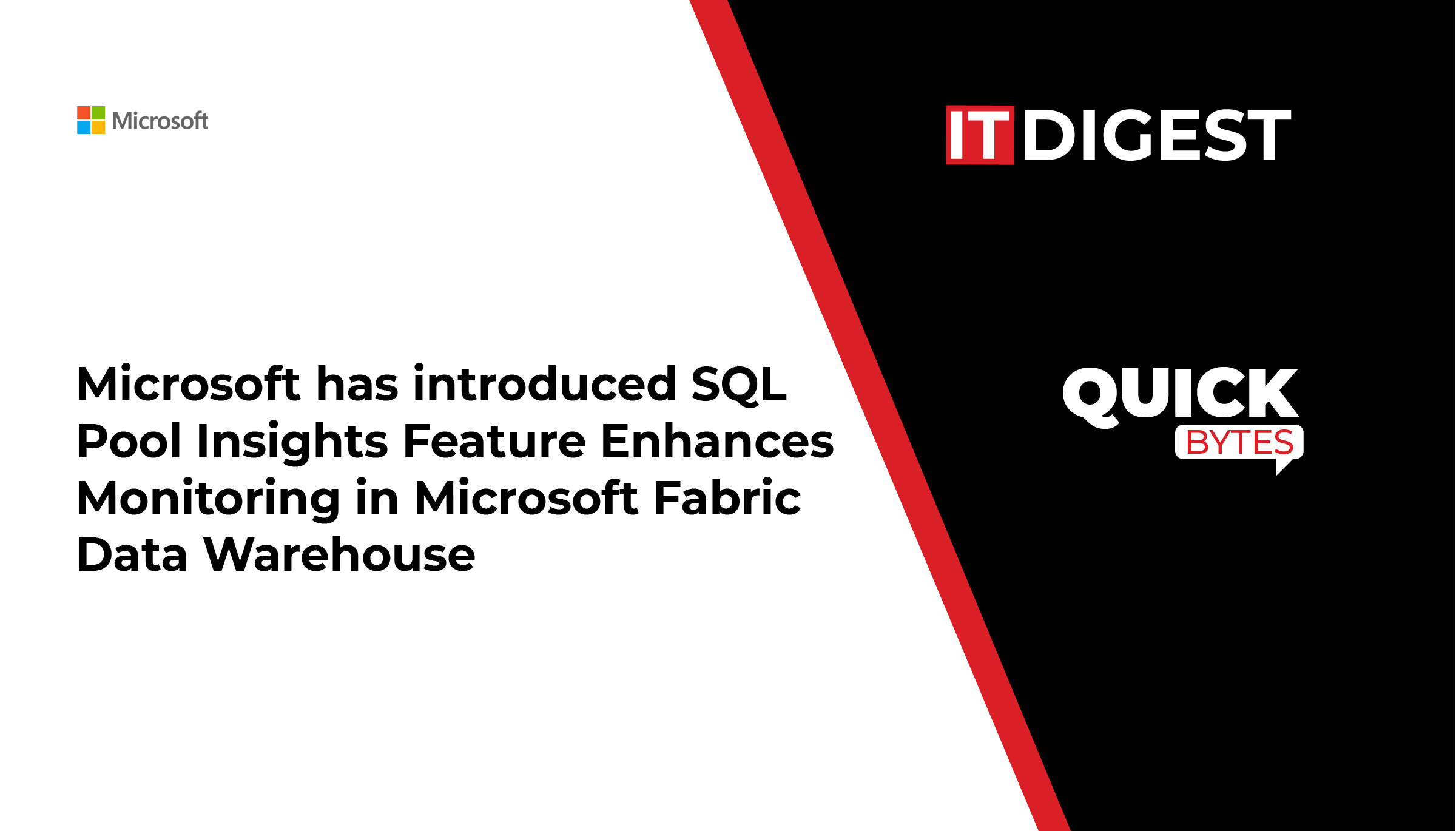Series B funding led by Ten Eleven Ventures to accelerate development of open, flexible platform that gives customers self-hosted options as others force them to the cloud
Ten Eleven Ventures Operating Partner Scott Lundgren joined the Fleet board of directors. “Fleet is the device management I wish we could have had – forward-thinking and flexible,” said Lundgren, who also served as Carbon Black’s CTO from 2012 through its IPO in 2018. “It’s open source, you can deploy it anywhere, and it lets you secure all of your Macs, phones, and even desktop Linux in one place.”
Additional investors included CRV, Open Core Ventures, GitLab Co-founder and Executive Chair Sid Sijbrandij, Moonfire Ventures, Vercel CEO Guillermo Rauch, former MobileIron CRO Christof Baumgärtner, former MobileIron engineer Balaji Parimi, Material Security co-founder Ryan Noon, and Lookout co-founder Kevin Mahaffey.
Open device management is a new approach to device management, which is how companies provision computers for employees and keep them secure and compliant. Unlike traditional mobile device management (MDM) platforms, which are typically closed, proprietary, and rigid, Fleet’s open device management emphasizes transparency, extensibility, and repeatability. It gives organizations complete visibility, lets them audit and automate configuration, and ensures they are not confined to a single vendor’s ecosystem. This flexibility isn’t a nice-to-have; it’s a requirement for managing the many important, yet complex, environments used by top organizations like Stripe, Fastly, Uber, Reddit, Nutanix, and #1 YouTuber MrBeast, all of which have standardized on Fleet.
Also Read: Fastly Names Kip Compton as Chief Executive Officer
“Fleet helped us avoid being forced to the cloud by our current MDM provider. We were able to migrate everything over to Fleet a few weeks ahead of our renewal,” said Scott MacVicar, Head of Developer Infrastructure and Corporate Technology at Stripe. “And now Stripe is in control.”
Fleet’s approach gives organizations unmatched flexibility and control for meeting compliance requirements such as PCI and FedRAMP, and ensures that they can meet internal data privacy standards. Many traditional device management suppliers are pushing customers toward cloud-only solutions to streamline their operations and increase their margins. This comes at the expense of customer choice and control, leaving organizations that face strict data privacy and regulatory requirements saddled with self-hosted MDM and SCCM servers, and few practical options for ongoing maintenance. In contrast, Fleet offers equal support for both Fleet-hosted and customer-managed deployments, allowing customers to either use Fleet’s cloud service or self-host.
Fleet is used today by global enterprises to enroll millions of devices, from iPads and employee laptops to high-security datacenters and AWS gaming servers, in addition to factory robots, computers that run vehicle production lines, supercomputer control nodes, and more. This is possible because Fleet works across platforms (Apple, Linux, Windows) in addition to different networks, VPNs, PKIs, and zero-touch implementations.
This is a strong differentiator for Fleet’s channel partners, which include a broad ecosystem of resellers, MSPs, and integrators such as CDW, Primo, Deeploi, 3EYE, Deel, and SHI. Fleet partners benefit from dedicated technical enablement, go-to-market resources, deal registration, and direct access to Fleet’s product and engineering teams. The company’s roadmap is shaped by partner feedback, driving continuous innovation that meets their and their customers’ evolving needs.
“Fleet is open source, so we built things to be open from the beginning,” said Fleet CEO Mike McNeil. “Hosting is part of that. Fleet has always prioritized folks being able to host wherever they want. Over time, we’ve added enterprise-grade managed hosting, and many organizations prefer that since it’s simpler. But we’ll always let customers choose.”
Source: Businesswire

































